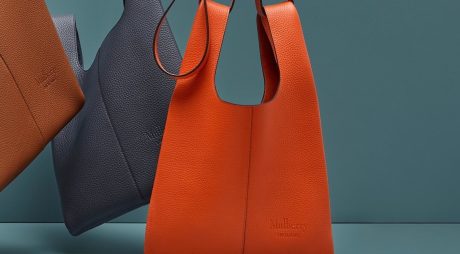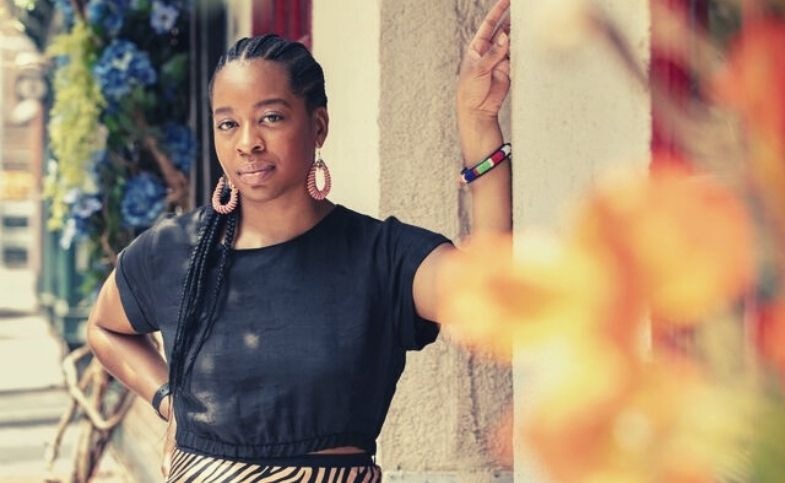Mulberry has launched its first carbon-neutral collection, the “Lily Zero,” as part of its aim to become net-zero by 2035.
The “Lily Zero” collection includes 12 styles that are carbon-neutral from field to shop floor and are made in Mulberry’s carbon-neutral Somerset facilities with carbon-neutral leather from a German tannery that measures, cuts, and offsets its emissions.
In addition to Lily Zero, Mulberry says the same carbon-neutral leather is used on all of its thick grain styles, which account for 26% of its autumn-winter 2022 range.
Also, Mulberry conducted a Life Cycle Assessment to examine the entire range’s carbon emissions, including components, transportation, and packaging, all of which were offset with the World Land Trust, Mulberry’s carbon offsetting partner.

Mulberry Maintains Its Commitment To Environmentally Friendly Handbags
“I’m very proud to launch Lily Zero, Mulberry’s first carbon-neutral range, which represents another step on our sustainability journey towards increased transparency and our goal of Net Zero by 2035,” said Mulberry CEO Thierry Andretta in a statement.
“The Lily Zero demonstrates what we can achieve together through working closely with our long-term partners. This reinforces Mulberry’s commitment to a sustainable future, outlined in our ambitious Made to Last manifesto published last year during our fiftieth anniversary.”
In addition to the new collection, the Lily Zero campaign has an Instagram AR filter that allows users to totally immerse themselves in the ethereal, futuristic world and virtually try on the new bag.
From May 12, Lily Zero will be available worldwide in Mulberry shops and online with prices beginning from 950 pounds.

Mulberry Kicks Off A Podcast
Mulberry has established the “Made To Last” podcast, hosted by fashion journalist Susie Lau, to coincide with the launch and explore the roots of leather’s place in fashion history and its role in a sustainable future. The three-part podcast series incorporates contributions from fashion designer Nicholas Daley, fashion historian Judith Watt, and Rob Percival, writer and head of food policy at the Soil Association, to bring aspects of the manifesto to life.













